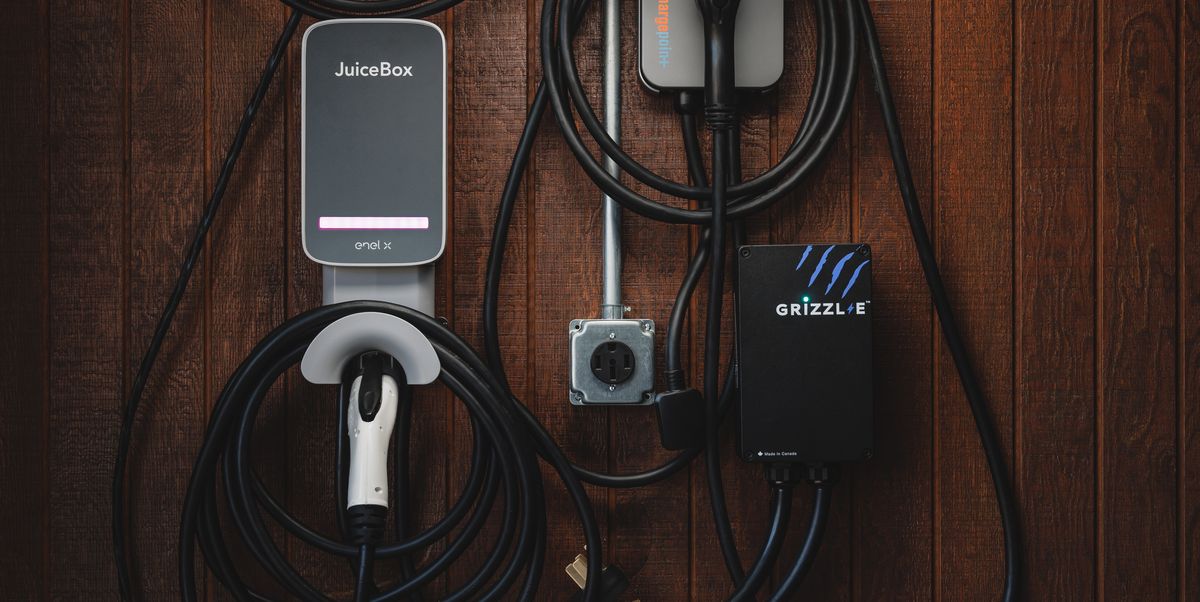Just watched this video by Munro with a couple pros discussing the problems with using a 14-50 outlet to charge an EV. Also a few related worries to keep you awake on Halloween.
TL;DR don't use a 14-50 outlet, hardwire your charger instead. If you must use a 14-50 outlet, use one made by Hubbell or Cooper (~$100) rather than Leviton ($10).
If you are using a 14-50 outlet, you can periodically litmus-test it by charging your car for a while, then pull out the EVSE's plug from the outlet. Wait a couple seconds, then feel the prongs of the plug you just pulled out.They should be warm but not hot. Also feel around the circuit breaker and give it the sniff test - there should be no hot/burning smell.

